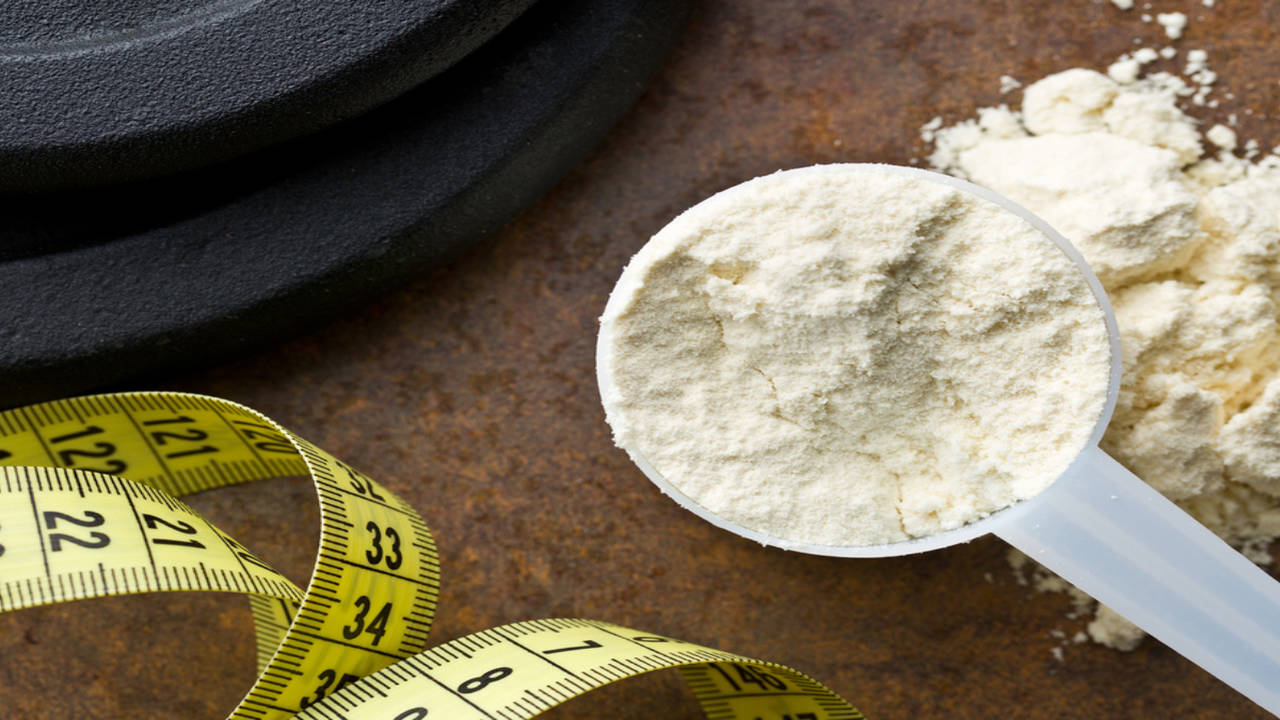A common supplement among athletes and anyone trying to get healthier overall is protein powder. It is frequently used to promote muscle growth, raise protein intake, and speed up the healing process following exercise. The question of whether protein powder might cause weight gain is, nevertheless, one that many people have. The purpose of this post is to dispel any doubts and offer a thorough explanation of the connection between protein powder and weight gain.

Comprehending Protein Powder
There are many different types of protein powders, such as whey, casein, soy, hemp, and pea. Benefits and absorption rates vary throughout types. For instance, casein digests more slowly and is better suited for prolonged protein release, whereas whey protein is rapidly absorbed and perfect for recuperating after an exercise. Protein powders, no matter what kind, are meant to enhance diets, not take the place of entire meals.
Growth of Muscle and Protein
The main goal of using protein powder is to aid with muscle building. Getting enough protein in your diet is crucial for maintaining and growing muscle, especially after vigorous exercise. Protein powder can aid with muscle growth when used in conjunction with resistance training.
Does Using Protein Powder Increase Your Weight?
There are several facets to the topic “does protein powder make you gain weight?” Has several facets. Weight changes are determined by the overall calorie balance; protein powder does not induce weight gain on its own. No matter where you get your calories from, you will gain weight if you exceed your body’s requirements. If protein powder isn’t included in your daily intake total, it could lead to an excess of calories.
Gaining Weight and Calorie Surplus
A calorie excess is required for those who want to acquire weight, especially lean muscle mass. One easy approach to increase the amount of calories and protein in your diet is by using protein powder. But, in order to prevent going beyond calorie requirements, it’s important for people who are not trying to gain weight to balance their intake of protein powder with other dietary components.
Including Protein Powder in a Diet That Is Balanced
It’s critical to include protein powder in a balanced diet to prevent weight gain. Make lean meats, dairy, legumes, and vegetables your main sources of protein; protein powder should only be used as a supplement. This method guarantees that you get a range of nutrients while preserving a balanced caloric intake.
Conclusion
Supplementing with protein powder can help with satiety, muscle growth, and recuperation. Although eating too much of it does not automatically result in weight gain, doing so can add to a calorie surplus. You may take use of protein powder’s advantages without gaining extra weight by selecting premium protein powders, keeping an eye on portion sizes, and regulating your total caloric consumption.

